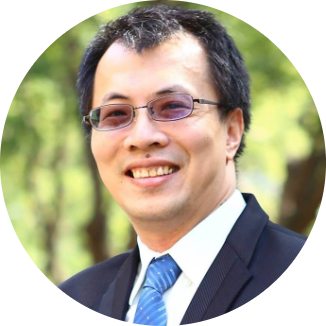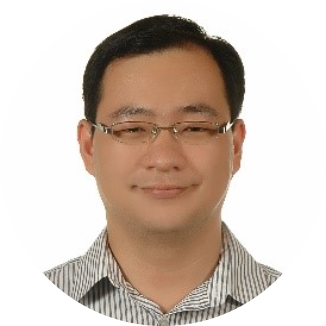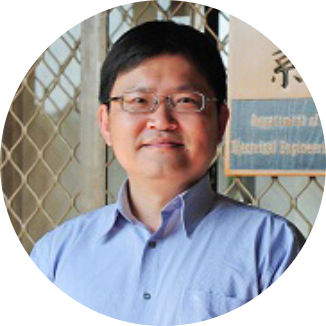2. AI and Big Data Analysis
IoT—The combination of artificial intelligence (AI) + Internet of Things (IoT) has become an inevitable trend! According to Gartner's forecast, 80% of enterprise IOT (Internet of Things) projects will include AI (artificial intelligence) solutions by 2022. By 2025, there will be more than 50 billion connected devices worldwide, generating 180 Zettabytes (ZB) of data. It is equivalent to 180 billion of 1TB data output. The report "Sizing the prize : What’s the real value of AI for your business and how can you capitalize?" by PWC pointed out that AI will bring approximately 14% of global GDP growth with the worth of $15.7 trillion in 2030. According to McKinsey's research, the global output value of IoT applications will reach 11.1 trillion U.S. dollars in 2025, while AI is expected to bring an output value worth 13 trillion U.S. dollars by 2030. Research surveys pointed out that Amazon, Microsoft, Intel, ARM and other S&P 500 companies are actively deploying edge computing to expand the AIoT ecosystem, and AIoT is transforming the world!
The value of AI must be realized by the IoT, and the value of IoT depends on the extension of artificial intelligence, AIoT to drive the huge demand for relevant professionals in the upper, middle and lower stream of the technology industry chain around the world. Taking the factory as an example, the data generated by various IoT-related equipment and devices will be calculated through cloud-based machine learning-related algorithms, and then fed back to the equipment to push the factory to become smarter and optimize production, energy saving, equipment monitoring, preventive maintenance, etc. The scope of application and development directions include: smart home, smart medical, smart factory, autonomous vehicles, traffic management, business services, financial technology, etc.
AI technology can enable machines to learn from external database, make predictive analysis, or assist decision-making after analysis. The real-time nature of data transmitted by IoT is very important for the calculation of artificial intelligence adaptive learning systems. Using cloud data and analysis: Cloud services can be divided into three service modes, including infrastructure, platform and software (IPS). Recently, technology companies that provide cloud services have also begun to actively integrate data resources and strengthen AI products, showing the vigorous expansion of the AIoT industry. Integrating embedded system and sensor: Embedded system is generally a closed system that is customized for a special purpose and developed with integrated software and hardware. Traditional IoT control operations are operated by sensors equipped with embedded systems for data collection.
In addition, edge computing is a distributed computing paradigm that uploads the computation of applications, data storage, and services from the network center node to the edge node on the network logic for processing. Since the edge node is closer to the user terminal device, the data processing and transmission speed is accelerated, and the delay can be reduced. Under this paradign, the analysis of data and the generation of knowledge are closer to the source of the data, so it is more suitable for big data analytics.















